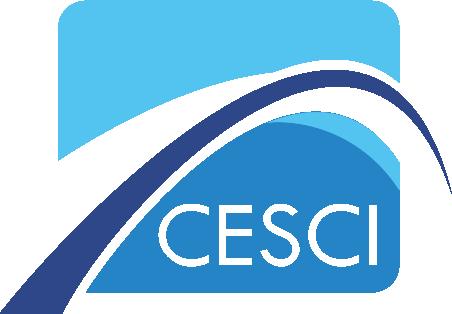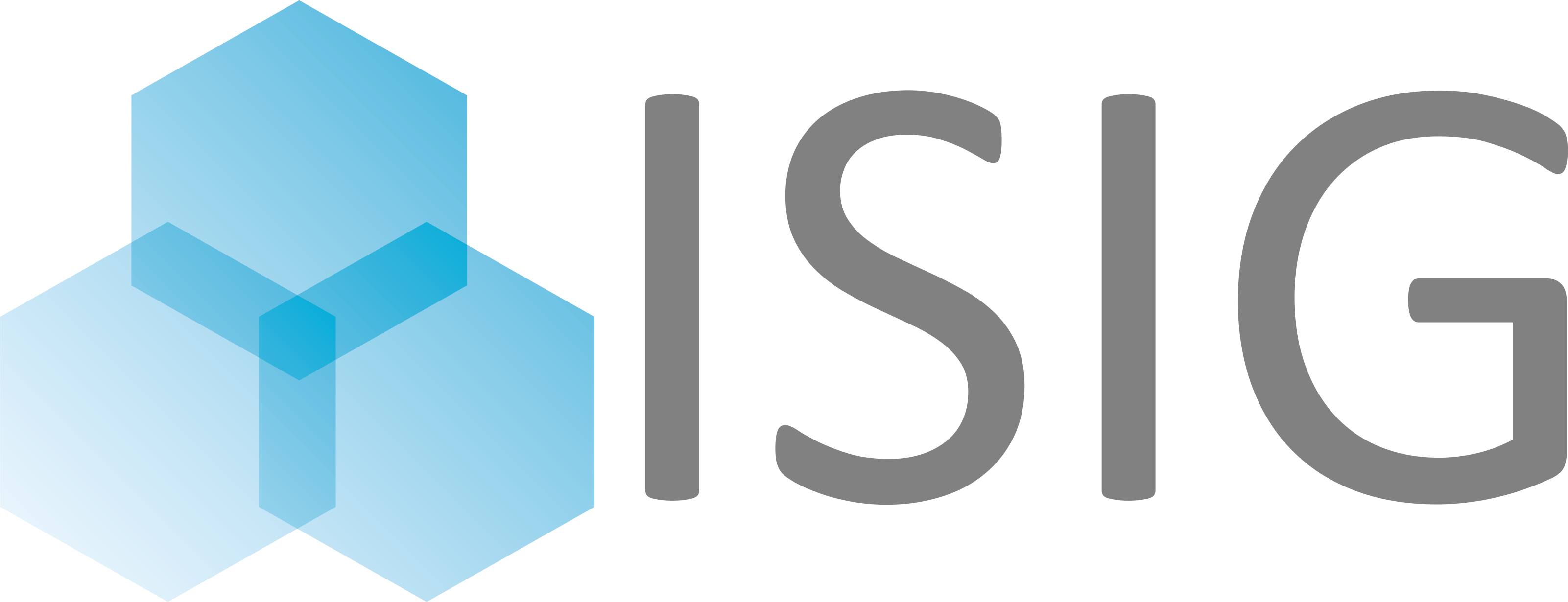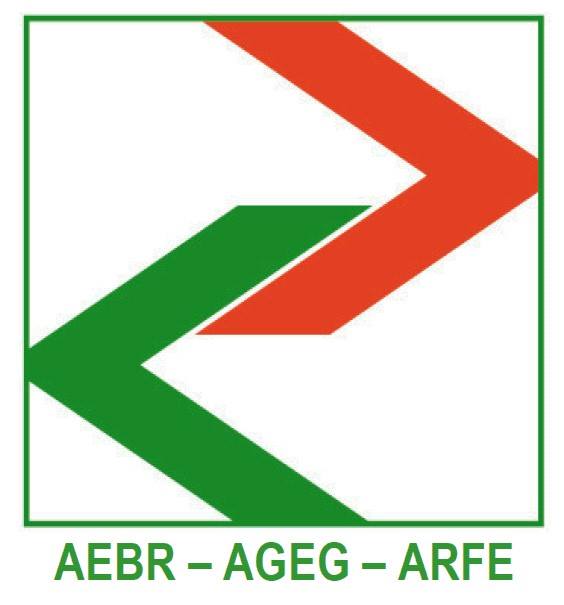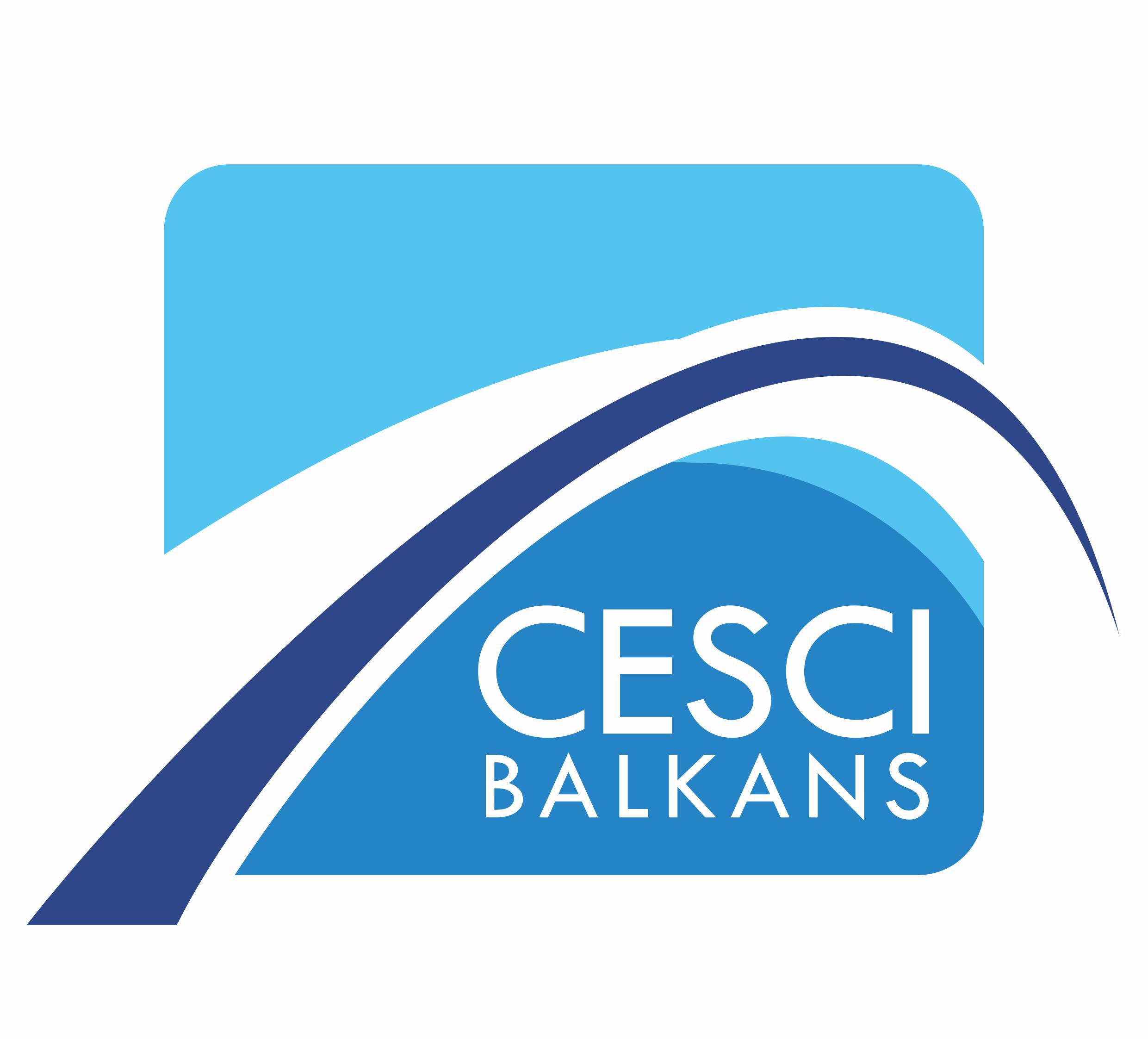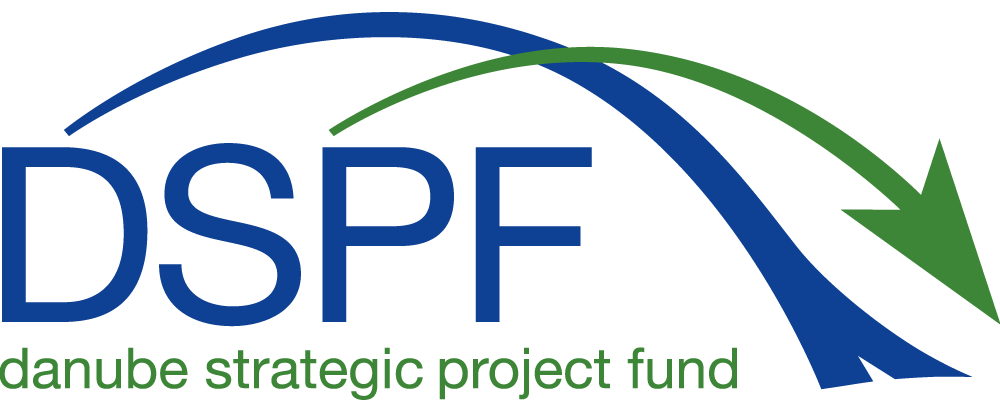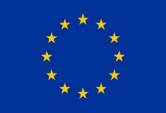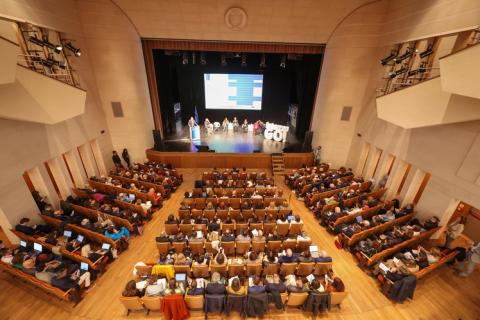
Following consultations with the European Parliament and in line with the European Council's 2024–2029 Agenda and the Political Guidelines for the same period, the European Commission has introduced key updates to the Cohesion Policy. These adjustments respond to challenges identified during the policy’s mid-term review and are part of a broader strategy to secure Europe’s sustainable prosperity and global competitiveness. Among the major new initiatives is the Clean Industrial Deal, along with renewed commitments to European defence and security. Greater emphasis is also being placed on supporting individuals and reinforcing Europe’s social model—focusing on societal resilience, quality of life, food security, water resources, and environmental protection. The EU is also stepping up its readiness for future crises.
At the recent Interreg GO! high-level meeting, co-organised by the cities of Gorizia and Nova Gorica, Commissioner for Enlargement Marta Kos and Executive Vice-President for Cohesion and Reforms Raffaele Fitto outlined several of these policy shifts. Cooperation remains a cornerstone of European values, and since its inception in 1990, Interreg has grown from a minor Community Initiative to a well-established instrument of EU cohesion policy, channeling billions of euros into cross-border collaboration.
As part of the ongoing mid-term review, Member States will be encouraged to redirect portions of their 2021–2027 cohesion funds towards newly identified investment areas. Interreg, already active in supporting healthcare, education, and tourism across border regions, will increase its focus on areas adjacent to Russia and Belarus, further supporting the Right to Stay in these regions.
A significant step toward eliminating border obstacles will come through the upcoming BridgeforEU Regulation. It was highlighted during the event that Interreg will maintain its key role in facilitating future EU enlargements by fostering cooperation experience and engaging with EU-funded programmes in non-member countries.
The revamped Cohesion Policy places strong emphasis on boosting European competitiveness and bridging the innovation divide. The European Commission aims to support businesses of all sizes by allowing the European Regional Development Fund to include large enterprises, especially in vital sectors such as defence, strategic technologies, and the green transition. Member States are being urged to scale up investment in these areas through the Strategic Technologies for Europe Platform.
Given evolving security and geopolitical landscapes, the Commission underlined the importance of supporting the defence sector and reinforcing infrastructure in Eastern border regions. New provisions will enable Member States to use current cohesion funds for building resilient infrastructure that facilitates military mobility and strengthens production capacities of defence-related industries.
The European Commission also plans to double the cohesion funds allocated to affordable housing. A new financial tool, developed jointly with the European Investment Bank (EIB), will allow Member States to blend public and private investment for greater impact. Additional investments will target water resilience, including digital upgrades to water systems and strategies to mitigate drought and desertification.
Cohesion funding will continue to support the energy transition, with specific allocations for expanding electric vehicle charging networks and other clean mobility solutions. The revised policy framework will also simplify funding access for decarbonisation efforts.
To accelerate implementation, projects aligned with the EU’s strategic priorities will receive up to 30% in pre-financing. Moreover, programmes shifting at least 15% of their total funds towards these priorities will qualify for even greater advance payments. EU investments in these areas will also be eligible for 100% funding coverage, regardless of the region.
Photos: EU REGIO Interreg

